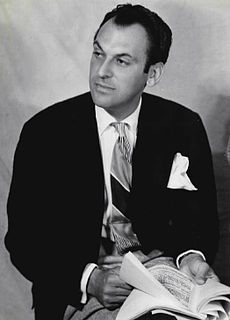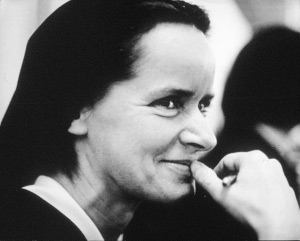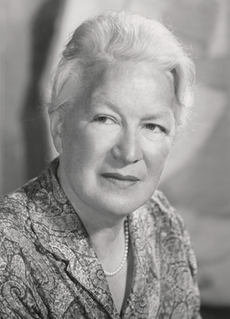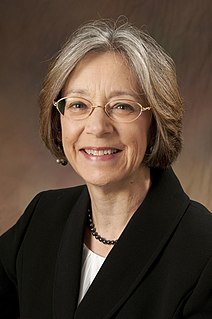A Quote by Dietrich Bonhoeffer
The 'polymath' had already died out by the close of the eighteenth century, and in the following century intensive education replaced extensive, so that by the end of it the specialist had evolved. The consequence is that today everyone is a mere technician, even the artist.
Related Quotes
In the 20th century, we had a century where at the beginning of the century, most of the world was agricultural and industry was very primitive. At the end of that century, we had men in orbit, we had been to the moon, we had people with cell phones and colour televisions and the Internet and amazing medical technology of all kinds.
Although the stories are very present in my book, and very present in my mind, what I was most interested in was the question of why it had attracted such a following in the 18th Century. It's less mysterious that it attracted a following in the Romantic period, and in the 19th Century, but the early 18th Century when the Rationalists fell in love with it...that was mysterious. What I wanted to look at was the forms of enchantment.
Other centuries had their driving forces. What will ours have been when men look far back to it one day? Maybe it won't be the American Century, after all. Or the Russian Century or the Atomic Century. Wouldn't it be wonderful, Phil, if it turned out to be everybody's century, when people all over the world--free people--found a way to live together? I'd like to be around to see some of that, even the beginning.
What makes 'The Marriage of Souls' such a wonderful book is Collins's intricate reconstruction of the late eighteenth-century world. Simplicity and philosophy are the hallmarks of eighteenth-century art and architecture. The classically pure lines look deceptively simple and unburdened by heavy symbolism or imagery.
In the eighteenth century it was often convenient to regard man as a clockwork automaton. In the nineteenth century, with Newtonian physics pretty well assimilated and a lot of work in thermodynamics going on, man was looked on as a heat engine, about 40 per cent efficient. Now in the twentieth century, with nuclear and subatomic physics a going thing, man had become something which absorbs X-rays, gamma rays and neutrons.
Lying on the floor, with the carved panels of the ceiling flickering dimly above, I found myself thinking that I had always heretofore assumed that the tendency of eighteenth-century ladies to swoon was due to tight stays; now I rather thought it might be due to the idiocy of eighteenth-century men.
This whole theory [of John Law and Jean Terrasson], as dear to French financial schemers in the eighteenth century as to American "Greenbackers" in the nineteenth, had resulted, under the Orleans Regency and Louis XV, in ruin to France financially and morally, had culminated in the utter destruction of all prosperity, the rooting out of great numbers of the most important industries, and the grinding down of the working people even to starvation.
It is time... to end the long-standing and unproductive methodological debate over 'originalism' versus 'dynamism' or 'evolution' and focus instead on how, as a substantive matter, we should interpret the Constitution in the twenty-first century, and what it has to say on questions unimaginable to our eighteenth-century Framers.







































